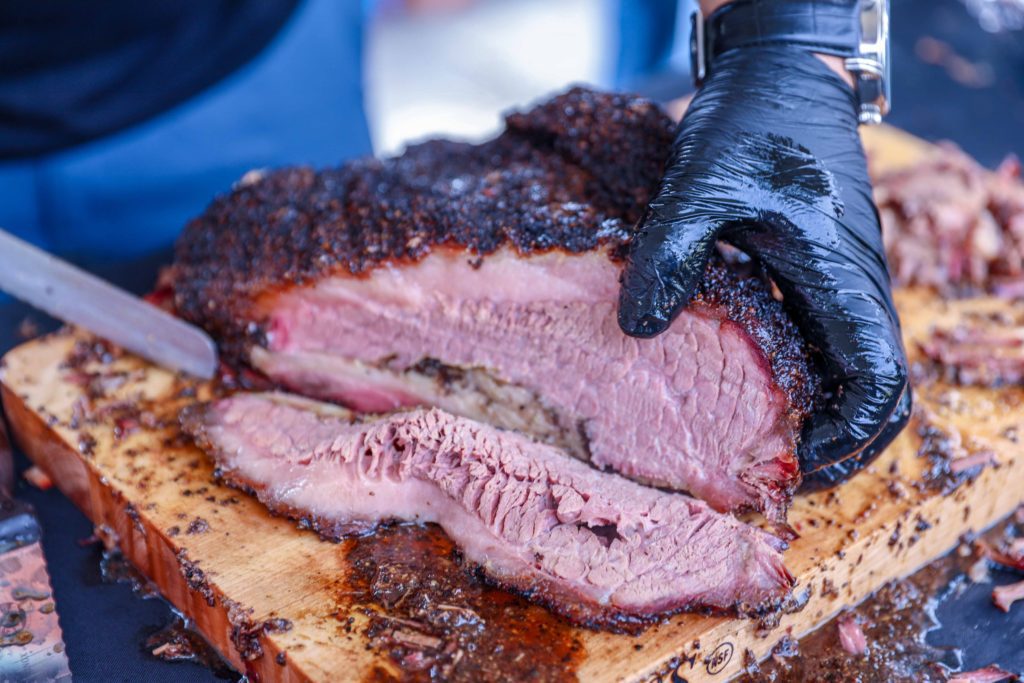Brisket is popular all throughout the world, particularly in western countries, for its tender and soft meat. Slow smoking is also a well-known and extensively used cooking method for changing tough slices of meat into rich and tender flesh.
Here we will discuss why your brisket overcooked? What are the ways to avoid overcooking your brisket?
So, Is it possible to overcook brisket?
Even when using indirect grilling or slow cooking in the oven, brisket can be overcooked. The outside of the flesh hardens, while the inside loses all of its juices and becomes tough and dry, making it extremely difficult to chew and swallow.
What happens if the brisket is overcooked?
Overcooking a brisket can destroy not only the taste of the meat, but also your mood. As a result, it’s critical to ensure that brisket is cooked precisely because it contains a lot of nourishment.
The following are the changes that occur to the brisket when it is overcooked:
Slimy and faded
When you overcook your brisket, it loses its color and becomes slimy.
The meat will fall apart
Overcooking your brisket can drastically alter its texture. The meat will crumble when you rip them apart with your knife instead of cutting it into halves.
Mushy and dry
Because of the textural change, the meat will be dry and mushy rather than fork tender.
Alter the flavor
Furthermore, overcooking your brisket will drastically alter the flavor of the meat.
Dry and tasteless
The meat will lose its juiciness, flavor, become dry, and become difficult to chew.
Pure beef flavor, loose
Most significantly, overcooking brisket prevents you from tasting the pure beef flavor.
Overcooked Brisket Signs
There are three clear signs that your brisket is overcooked.
The first sign is that the brisket fluids are clear rather than myoglobin-red or pale pink. If you pierce the brisket in the middle and the liquid comes out clear, it’s overcooked.
Second, If your brisket is too firm and easy to cut through with a sharp knife, it’s overcooked. If you can cut through the brisket with no wiggle and resistance, it’s been cooked too long.
The third sign is that the meat thermometer is put into the center of the brisket and reads over 210°F (99°C).
Do not be alarmed if you notice any of these indicators.
An overcooked brisket can still be salvaged. The ideal method is to thinly slice the brisket and serve it with plenty of barbecue sauce. The sauce will assist in disguising the overdone flavor and make eating it more enjoyable.
How to avoid overcooking the Brisket?
The best way to gauge doneness is through an internal temperature. Also, you can use foil or parchment paper to keep your brisket from overcooking because wrapping is a great way to get a more consistent result. It will also cut down on the length of time it takes to cook.
Before wrapping, the inside temperature in the center of the flat should be around 150°F.
The heat of your cooker largely determines the length of time the brisket should be wrapped, so keep an eye on it and don’t let it get ahead of you.
Summary
Overcooking a brisket does nothing to improve its texture or flavor. If you cook your brisket for an extended period of time, it becomes dry, mushy, and tasteless. As a result, you should always cook your brisket over low heat for the specified amount of time.
Please send us a message here in Brisket Pro if you have any questions. Tender and Juicy, Be a Brisket Pro!

